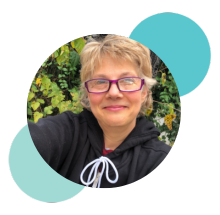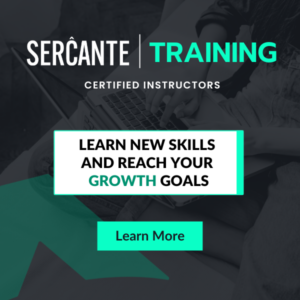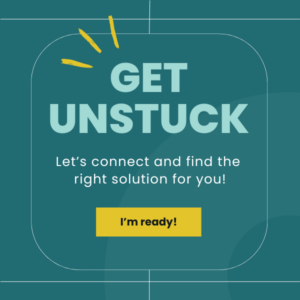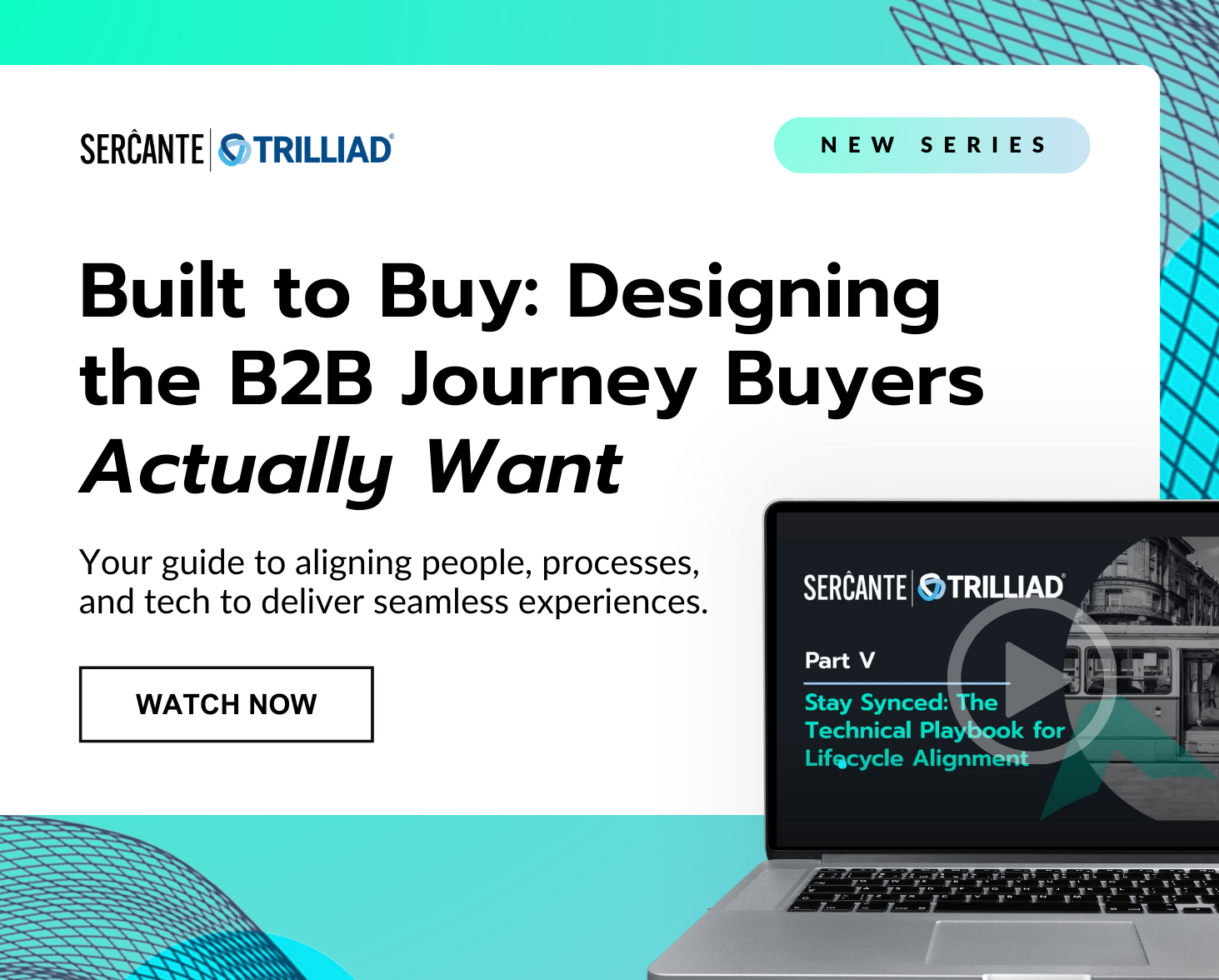Learning how to use and customize Salesforce can be a rewarding experience, but it can also present unique challenges for individuals with disabilities. Whether it’s navigating the interface, processing complex data, or communicating effectively with colleagues, users with disabilities may encounter barriers that hinder their learning journey.
It’s a topic that’s near and dear to my heart, and I had the pleasure of presenting a session on this topic at WITNess Success, a Salesforce community conference.
In this blog, we’ll explore the experiences of individuals who have learned Salesforce while managing disabilities, highlighting their strategies, successes, and the resources available to support them.
Emphasizing the importance of accessible online learning modules to learn Salesforce while overcoming disabilities
The Salesforce community includes inspiring members who have shared insights into the experiences of individuals with disabilities learning Salesforce.
Here’s what they have to offer.
Akasia Parran

Akasia Parran, who has been legally blind for five years, found her path to a Salesforce career through the support of the Blind Institute of Technology and Salesforce’s accessible online learning modules.
Akasia completed her Salesforce Administrator certification in just six months. “I wouldn’t have a career without Salesforce’s continuing efforts to create accessible software,” she shares.
This accomplishment showcases the significant impact of accessible technology on career development (Salesforce) (Trailhead | The fun way to learn).
Thomas Frantz

Thomas Frantz, Senior Manager of Accessibility Partnerships and External Communications at Salesforce, emphasizes the role of inclusive design and community support.
He has been instrumental in promoting accessibility within Salesforce and shares how the company’s efforts have helped him and many others thrive in their careers.
His work continues to foster a culture of inclusion and accessibility within the tech industry (Salesforce).
Leveraging Assistive Technologies
A range of assistive technologies is available to help users with disabilities learn Salesforce.
- Screen readers like JAWS and NVDA help visually impaired users navigate the Salesforce interface.
- Voice recognition software such as Dragon NaturallySpeaking enables users to input data and commands through speech, which can be particularly beneficial for those with mobility impairments or dyslexia.
- Alternative input devices, like adaptive keyboards and mice, provide valuable support, allowing users to interact with Salesforce more comfortably and efficiently.
Seeking Personalized Support
One of the most effective strategies for learning Salesforce with a disability is to seek personalized support.
The Salesforce Trailblazer Community is a fantastic resource where users can connect with others who share similar experiences. Local user groups and accessibility resources provide additional guidance and support. By reaching out to these communities, users can access tailored advice, mentorship, and encouragement.
Embracing Universal Design
Inclusive design practices ensure that Salesforce training materials and resources are accessible to users of all abilities. Organizations should advocate for and implement universal design principles, ensuring their training content is user-friendly and accommodating. This includes providing alternative formats for materials, ensuring compatibility with assistive technologies, and creating an inclusive learning environment.
Building a Supportive Community
Fostering a culture of empathy and support within the Salesforce community is essential for empowering disabled users. Encouraging open dialogue about challenges and sharing strategies for overcoming them helps create a more inclusive and understanding environment. Users should feel empowered to share their experiences, learn from one another, and support each other in their Salesforce journeys.
Learning Salesforce with a disability may present unique challenges, but it is possible to succeed with the right strategies, resources, and community support.
Remember, your unique perspective is a source of strength, and your experiences can inspire and empower others on their learning journeys.












